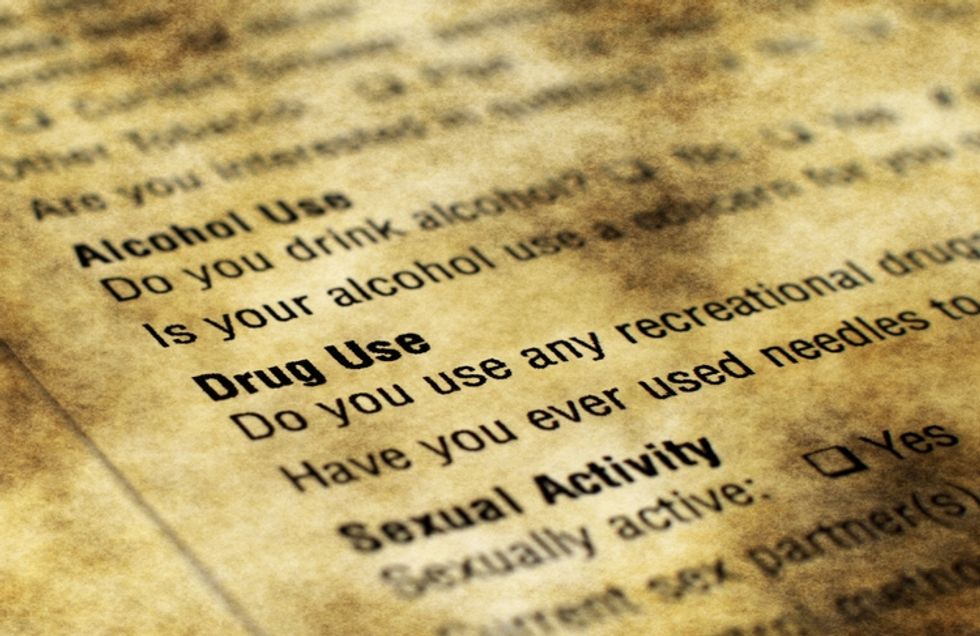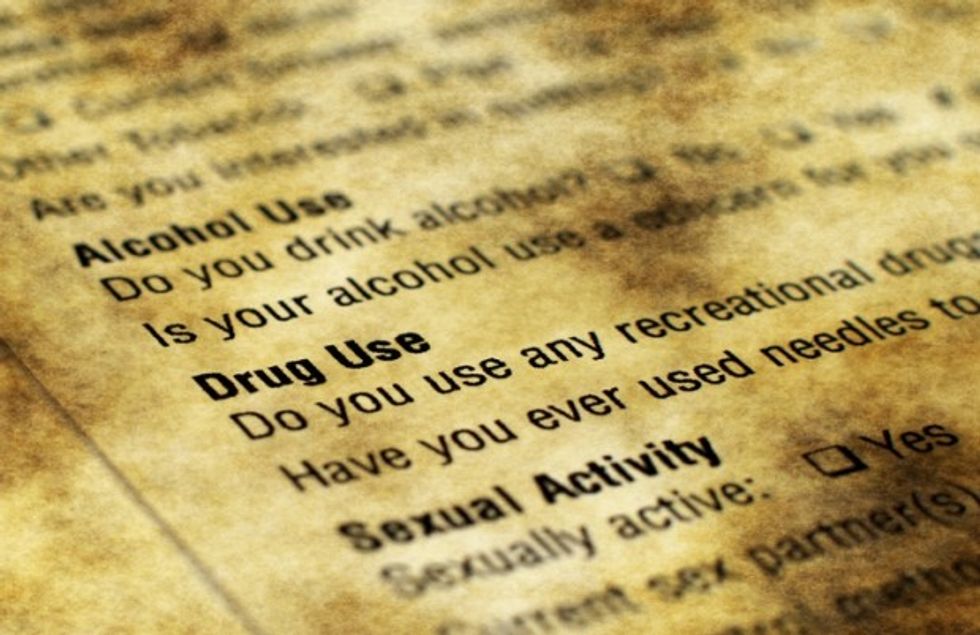
Photo credit: Shutterstock

A newly released study from researchers at the University of Florida examined teenagers' worldviews and the impact these perspectives have on deterring drugs and alcohol, finding that stronger religious worldviews correlate with less substance use.
Psychology professor and study researcher James Shepperd said that one should interpret "worldview" as "an explanatory way of seeing the world" — one that helps in answering some of life's most pressing questions, according to Deseret News.
The study, titled, "Does Religion Offer Worldviews That Dissuade Adolescent Substance Use?" found that religious worldviews can be effective at helping discourage young people from using and abusing due to the fact that most faiths encourage positive and moral behavior in the lives of young adherents.
"Worldviews provide answers to questions such as who am I, why am I here, and how should I behave," reads the study's abstract. "We examined whether being religious corresponds with having a stronger worldview and whether the worldview accounts for the commonly observed relationship between religiousness and substance use."

Researchers found that the possession of a stronger worldview was related to the decision not to use drugs and alcohol, but once someone became a user, having a strong worldview no longer curbed use.
According to Deseret News, researchers weren't concerned with the composition of worldviews, though they did measure how staunchly these perspectives were held, exploring responses from 1,253 religious and nonreligious ninth graders to explore alcohol and drug use among both groups.
In the end, it was religious youths who had a stronger worldview in terms of integrity, lying, morality and life's meaning — and faithful youths were, in turn, less likely to use substances.
"Analysis revealed that nonreligious adolescents, compared with religious adolescents, were more likely in the prior six months, to have smoked cigarettes (14 percent versus 6 percent), drunk alcohol (34 percent versus 19 percent), and used marijuana (17 percent versus 7 percent)," according to the study.
Researchers found that religion creates strong worldviews among young people, which generally leads to less substance use. That said, worldviews do not always have to come from religion and can — even when faith does not inform them — still help curb substance use.
Shepperd told Deseret News, though, that he still doesn't have a clear idea about how worldviews are formed, which is key to helping understand the overarching issues. He will continue to examine data alongside his team.
Read more about the study here.
(H/T: Deseret News)
--
Front page image via Shutterstock.com
Billy Hallowell